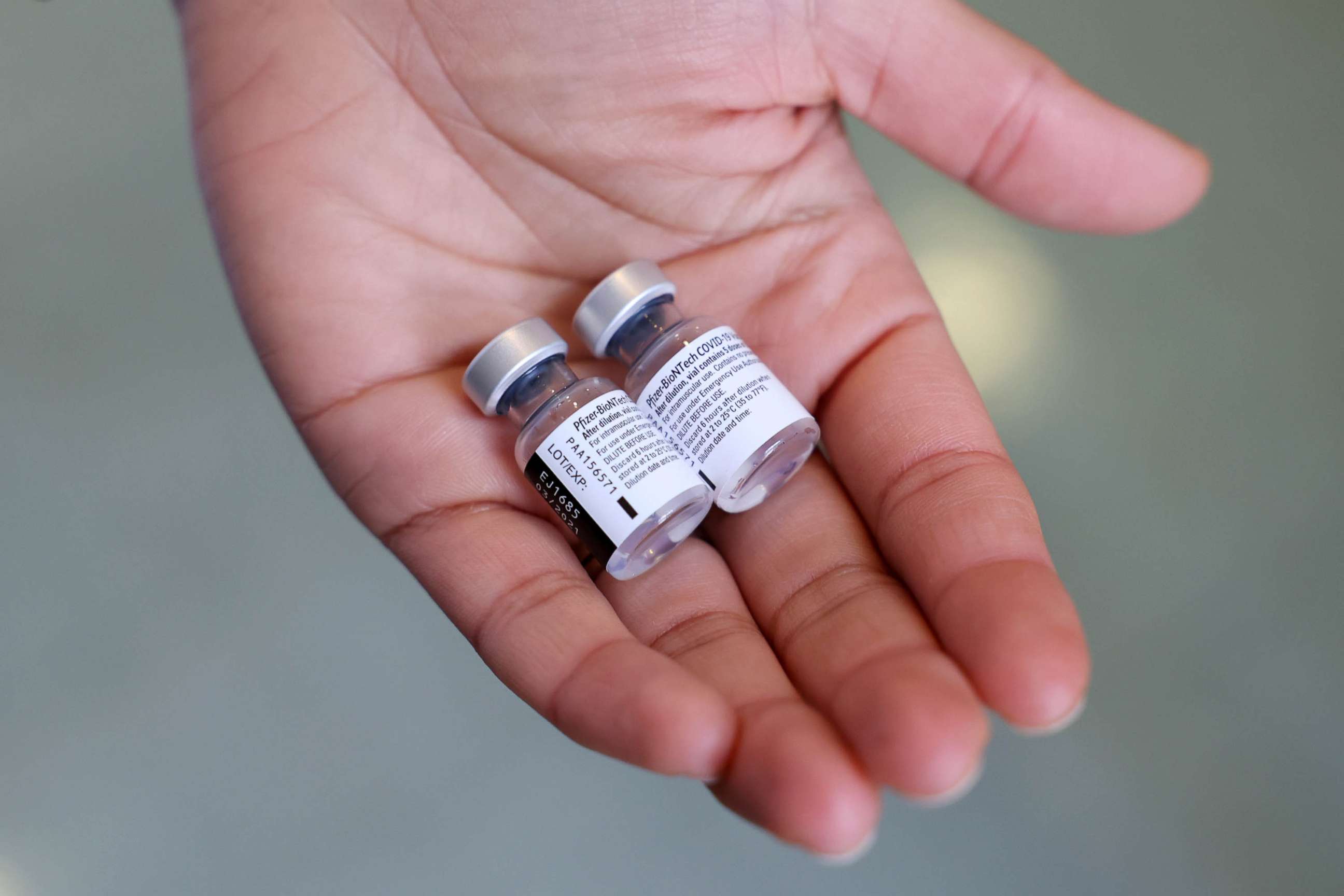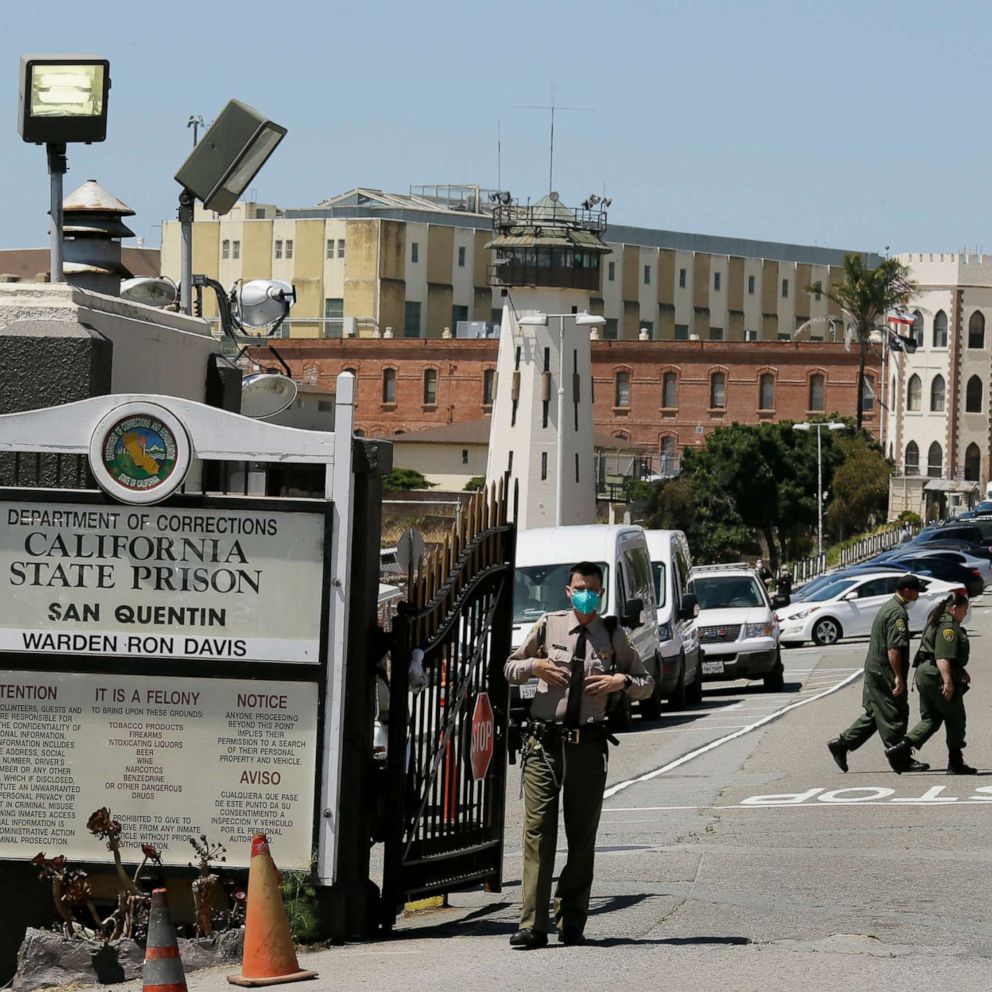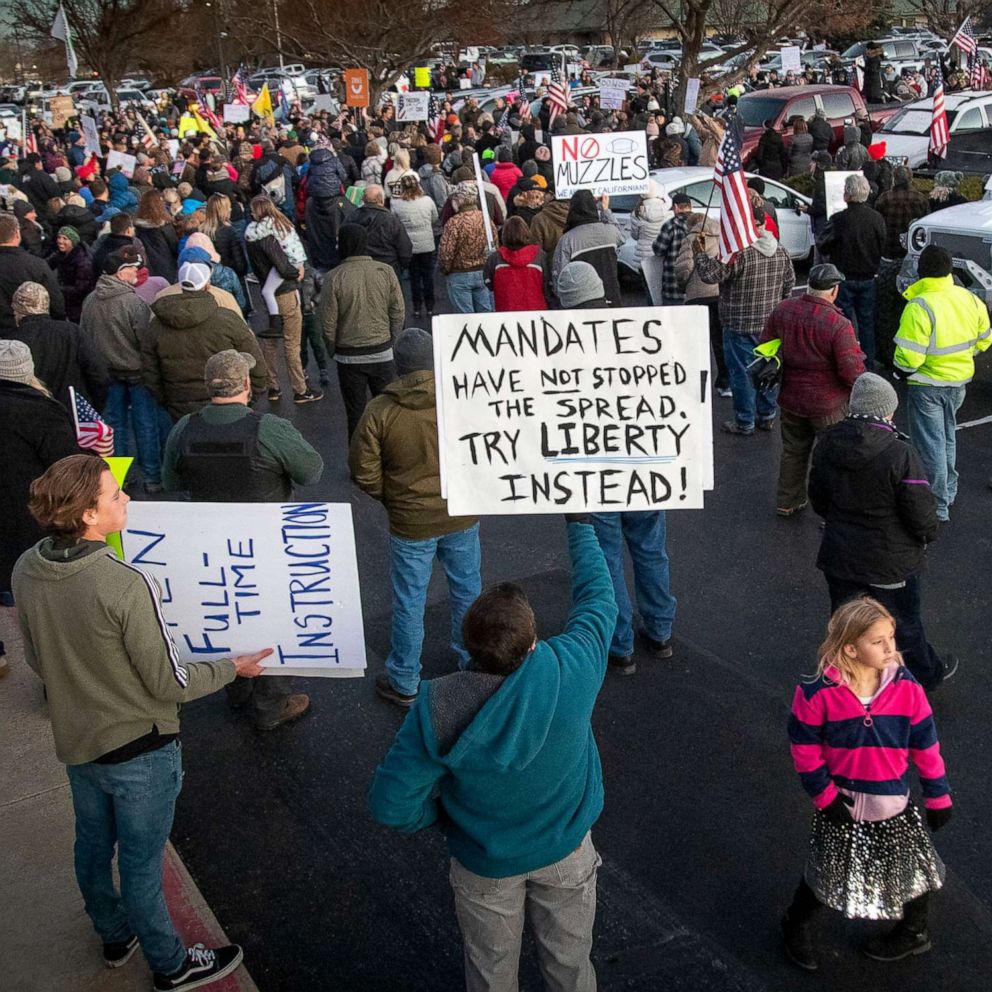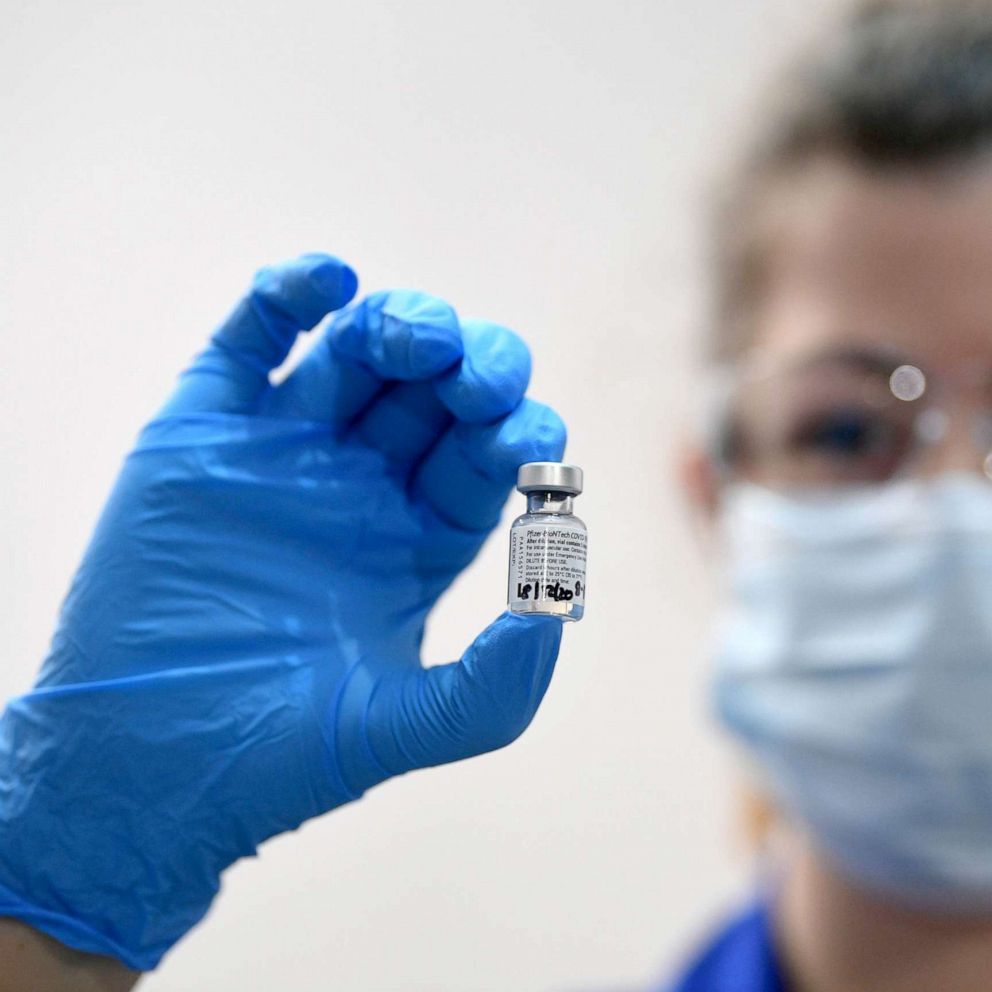A nurse who got vaccinated tested positive for COVID, but that's not unexpected
The scenario isn't unexpected. Here's how it could have happened.
The story of an emergency room nurse who tested positive for COVID-19 after getting the first dose of the vaccine is a reminder that hand washing, social distancing and masks are still going to be crucial in 2021.
Matthew W., a 45-year-old nurse in San Diego, received the Pfizer vaccine Dec. 18 and told ABC News San Diego affiliate KGTV that the only vaccine side effect he experienced was arm soreness.
Six days later, after working a shift in the COVID-19 unit, Matthew had chills, muscle pain and fatigue. A drive-up hospital test confirmed he was positive for COVID-19.

The scenario isn't unexpected, Dr. Christian Ramers, an infectious disease specialist with Family Health Centers of San Diego, told KGTV.
Patients don't immediately develop COVID-19 protection after being vaccinated.
"We know from the vaccine clinical trials that it’s going to take about 10 to 14 days for you to start to develop protection from the vaccine," Ramers said.
Even after those 10 to 14 days, patients still need a second vaccine dose for full protection. "That first dose we think gives you somewhere around 50%, and you need that second dose to get up to 95%," Ramers added.
Another possibility: Since the incubation period for COVID-19 can be as long as 14 days, it's also possible that Matthew was infected prior to receiving the vaccine on Dec. 18.
Both potential scenarios are a reminder that vaccines aren't a panacea. Instead, experts say, stemming the pandemic will take time and continued adherence to fundamental public health practices like social distancing, masks and hand washing.
"You hear health practitioners being very optimistic about it being the beginning of the end, but it’s going to be a slow roll, weeks to months as we roll out the vaccine," Ramers said.
What to know about the coronavirus:
- How it started and how to protect yourself: Coronavirus explained
- What to do if you have symptoms: Coronavirus symptoms
- Tracking the spread in the U.S. and worldwide: Coronavirus map
Tune into ABC at 1 p.m. ET and ABC News Live at 4 p.m. ET every weekday for special coverage of the novel coronavirus with the full ABC News team, including the latest news, context and analysis.







